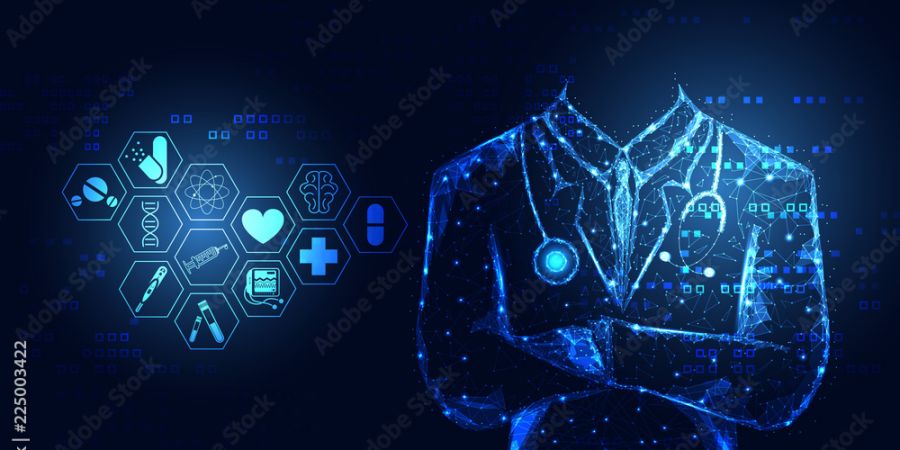

The ability to save lives is the first and most obvious benefit of medical advancements.From surgeries to vaccines, modern medicine has made it possible to overcome diseases and conditions that were once thought to be incurable.This has not only extended the lifespan of individuals, but has also improved the quality of life for those living with chronic diseases.
Another important aspect of medical advancements is the ability to prevent diseases through vaccines and screenings.Routine vaccinations have played a significant role in eradicating diseases such as smallpox and polio, while screening tests have allowed for early detection of conditions such as cancer, leading to higher survival rates and better treatment outcomes.Over years this is an proven rates of outcomes beyond the life.
1.Western medicine: This is the most common form of medicine practiced in Western countries, and it is based on scientific research and evidence-based practices. It includes the use of drugs, surgery, and other medical interventions to treat and manage health conditions.
2.Eastern medicine: This includes traditional medical practices from countries such as China, Japan, and India, and it focuses on balancing the body's energy and using natural remedies to promote healing.
3.Integrative medicine: This approach combines elements of Western and Eastern medicine to provide holistic care that addresses the physical, emotional, and spiritual needs of patients.
4.Functional medicine: This approach focuses on identifying and treating the root causes of health problems rather than just managing symptoms. It often involves a personalized approach to nutrition, lifestyle, and other factors that contribute to overall health.
5.Naturopathic medicine: This is a form of alternative medicine that emphasizes the use of natural remedies, such as herbs and supplements, to support the body's ability to heal itself.
6.Homeopathic medicine: This is another form of alternative medicine that uses highly diluted substances to stimulate the body's natural healing processes.
Each of these perspectives has its own unique strengths and limitations, and the choice of which approach to use depends on a variety of factors, including the patient's health condition, preferences, and cultural background. It is important for healthcare providers to be knowledgeable about different perspectives and to work collaboratively with patients to develop a personalized treatment plan that meets their individual needs.
Medical advancements have also transformed the way we approach mental health.Improved understanding and treatment of mental illness has allowed for better management of conditions such as depression, anxiety, and schizophrenia, reducing the stigma associated with mental health and improving the quality of life for those affected.
Additionally, medical advancements have made healthcare more accessible to people around the world. Telemedicine and remote patient monitoring have allowed for medical care to be delivered to remote and underserved areas, improving healthcare outcomes for individuals who may not have had access to care otherwise.
While this advancements have had a tremendous impact on our lives, it's important to note that there are still challenges and limitations that need to be addressed. Medical treatments and procedures can be costly, making them inaccessible to those who cannot afford them. There are also concerns about the overuse of antibiotics and the development of antibiotic-resistent bacteria.
So it's an time to overcome the desires of self improvement throught astonishing health care centres of high values and science we developed.And also use the best way and knowledge to help others and also to help our own selves for the gathered nation to live long.
In conclusion, medical advancements have revolutionized healthcare and improved the lives of millions of people around the world. From lifesaving treatments to disease prevention that are still challenges of evolution of medical advancements hold great promise for the future of health care
